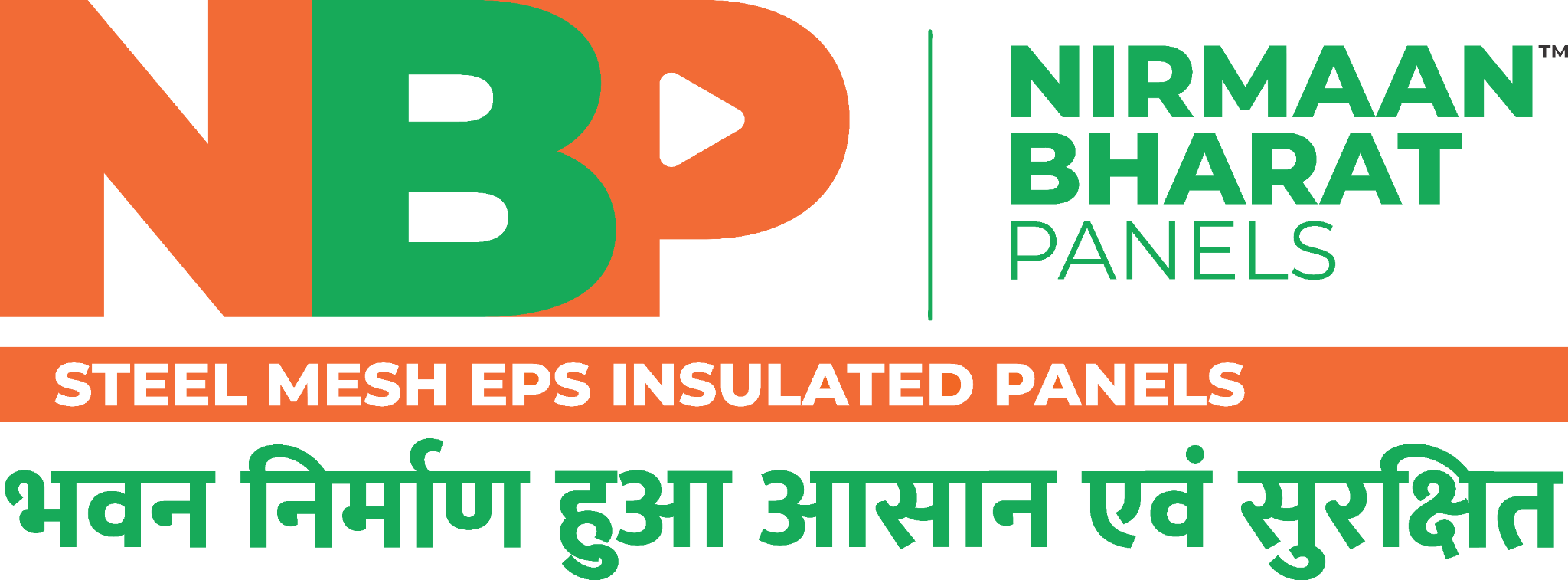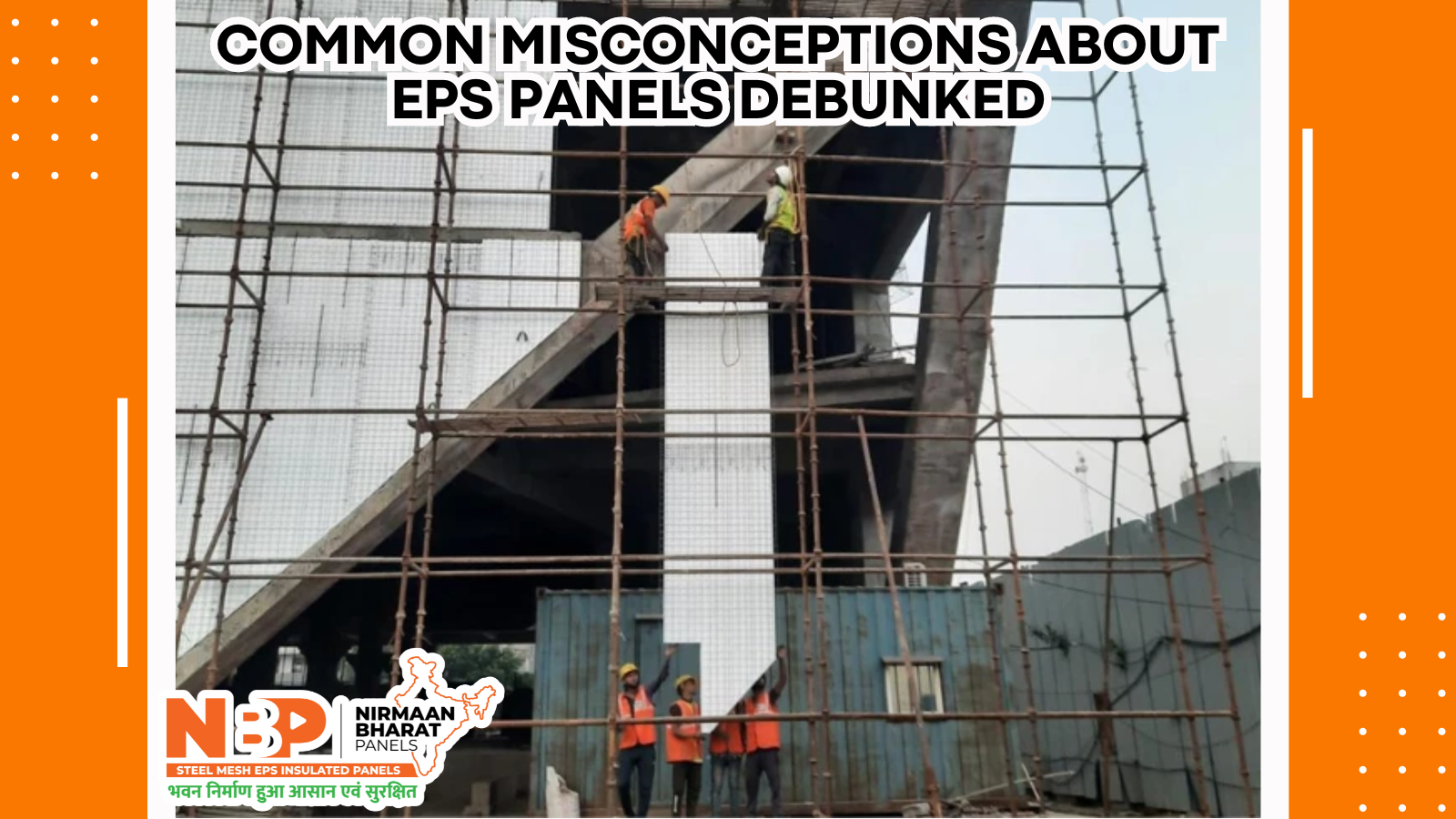Expanded Polystyrene (EPS) panels are gaining traction in the construction industry for their thermal insulation properties, ease of installation, and cost-effectiveness. Despite their growing popularity, EPS panels in India are often subject to misconceptions that can affect their adoption and use. This article addresses and debunks some of the most common misconceptions about EPS panels, providing a clearer understanding of their benefits and limitations.
Table of Contents
Toggle1. Misconception: EPS Panels Are Not Durable
Reality: EPS panels India are often perceived as flimsy or fragile. However, modern EPS panels are designed to be robust and durable when used correctly. They are manufactured with a high-density foam core that is encased in cementitious or plaster layers, which provide significant structural integrity.
Analysis:
- Structural Strength: When EPS panels are used as part of a composite wall system, their strength is comparable to other building materials. The outer layers protect the foam from physical damage and environmental elements.
- Impact Resistance: EPS panels can withstand impact loads and resist damage from typical construction activities. Proper installation and finishing are crucial for maintaining durability.
- Longevity: With proper maintenance and protective coatings, EPS panels can have a long service life, contributing to the building’s durability.
2. Misconception: EPS Panels Are Highly Flammable
Reality: Concerns about flammability stem from the fact that EPS panels are made from polystyrene, which is a petroleum-based material. However, EPS panels are treated with flame retardants during manufacturing, significantly reducing their flammability.
Analysis:
- Fire Ratings: EPS panels can achieve fire ratings that meet or exceed building codes when used in conjunction with appropriate fire-resistant coatings and finishes.
- Safety Standards: Many EPS panels are tested and certified for fire resistance by recognized standards, ensuring they are safe for use in construction.
- Behaviour in Fires: EPS panels have a controlled burning rate and are designed to minimize fire spread when properly integrated into building systems.
3. Misconception: EPS Panels Are Environmentally Unfriendly
Reality: EPS panels in India are often criticized for their environmental impact due to the use of polystyrene, a non-renewable resource. However, when evaluated comprehensively, EPS panels can be considered environmentally friendly for several reasons:
Analysis:
- Energy Efficiency: EPS panels offer excellent thermal insulation, reducing the need for heating and cooling, which in turn lowers energy consumption and greenhouse gas emissions.
- Recycling and Waste Reduction: EPS can be recycled, and many manufacturers have systems in place for reusing EPS waste. Additionally, the energy savings from using EPS panels can offset their environmental footprint.
- Life Cycle Impact: Considering the energy savings and reduced operational costs over the panel’s lifespan, EPS panels can be environmentally advantageous compared to some alternatives.
4. Misconception: EPS Panels Are Expensive
Reality: The cost of EPS panels in India is often perceived to be high compared to traditional materials. However, this perception overlooks several factors that contribute to the overall cost-effectiveness of EPS panels.
Analysis:
- Installation Costs: EPS panels are lightweight and simple to manage, which can lower both labor costs and installation time. This can offset any initial material costs.
- Long-Term Savings: The superior insulation provided by EPS panels can lead to significant savings on energy bills over the life of the building.
- Cost Comparisons: When compared to other insulation methods and building materials, EPS panels can offer competitive pricing when factoring in their long-term benefits.
5. Misconception: EPS Panels Are Not Suitable for High-Rise Buildings
Reality: Some believe EPS panels are only suitable for low-rise or residential buildings. In reality, EPS panels are used in various building types, including high-rise structures, when appropriately designed and integrated into the building system.
Analysis:
- Structural Integration: EPS panels can be used in high-rise buildings when combined with other structural elements, such as reinforced concrete or steel framing, to ensure stability and load-bearing capacity.
- Case Studies: There are numerous examples of high-rise buildings worldwide that use EPS panels effectively, demonstrating their versatility and capability.
- Engineering Considerations: Advanced engineering techniques can be employed to address load-bearing and stability requirements in high-rise applications.
6. Misconception: EPS Panels Require High Maintenance
Reality: The belief that EPS panels require excessive maintenance is unfounded. When properly installed and maintained, EPS panels in India require minimal upkeep.
Analysis:
- Durability: EPS panels are resistant to many common issues such as rot, pests, and mold, which reduces the need for frequent maintenance.
- Surface Coatings: The outer layers of EPS panels protect the foam from environmental factors, and periodic inspection and maintenance of these coatings are usually sufficient to ensure longevity.
- Ease of Repair: Any minor damage to EPS panels can be repaired relatively easily compared to other materials.
7. Misconception: EPS Panels Are Not Aesthetic
Reality: EPS panels in India are often seen as unattractive due to their basic appearance. However, EPS panels can be finished with a variety of aesthetic treatments to meet design preferences.
Analysis:
- Finishing Options: EPS panels can be covered with plaster, stucco, or other decorative finishes that can match any architectural style.
- Design Flexibility: The versatility of EPS panels allows for a wide range of design options, including textures, colours, and patterns.
- Customization: Customizable EPS panels can meet specific aesthetic requirements and architectural demands.
8. Misconception: EPS Panels Are Only Suitable for Insulation
Reality: While EPS panels India are renowned for their insulation properties, they also serve other purposes in construction.
Analysis:
- Structural Use: EPS panels can be part of load-bearing walls and floors, depending on their design and application.
- Integration with Other Materials: EPS panels can be combined with other building materials to enhance their functional properties, such as adding structural strength or improving acoustic performance.
- Versatility: EPS panels can serve multiple roles, including thermal insulation, soundproofing, and structural support.
9. Misconception: EPS Panels Are Difficult to Recycle
Reality: EPS panels are recyclable, and many systems are in place to manage EPS waste effectively.
Detailed Analysis:
- Recycling Processes: EPS can be processed and recycled into new products, reducing the need for raw materials and minimizing waste.
- Manufacturer Initiatives: Many manufacturers have established recycling programs to handle EPS waste and reduce environmental impact.
- Waste Management: Effective waste management practices ensure that EPS panels contribute to a circular economy rather than end up in landfills.
10. Misconception: EPS Panels Are Not Suitable for Extreme Weather Conditions
Reality: EPS panels can perform well in a variety of weather conditions when properly installed and finished.
Detailed Analysis:2
- Thermal Performance: EPS panels maintain their insulating properties in extreme temperatures, contributing to consistent indoor climates.
- Weather Resistance: The outer layers protect the foam core from adverse weather conditions, including moisture and UV exposure.
- Adaptability: EPS panels can be adapted for use in different climates by incorporating suitable protective coatings and finishes.
Conclusion
EPS Wall panels are a versatile and effective construction material that offers numerous advantages, including superior insulation, ease of installation, and cost-effectiveness. Many misconceptions about EPS panels stem from misunderstandings or outdated information. By addressing and debunking these misconceptions, it becomes clear that EPS panels are a valuable option in modern construction, capable of meeting various performance, aesthetic, and environmental requirements.
For those considering EPS panels for their next project, it is important to consult with experts and ensure that the panels are used correctly and in compliance with relevant standards and regulations. By doing so, the benefits of EPS panels can be fully realized, contributing to efficient, sustainable, and innovative building solutions.



